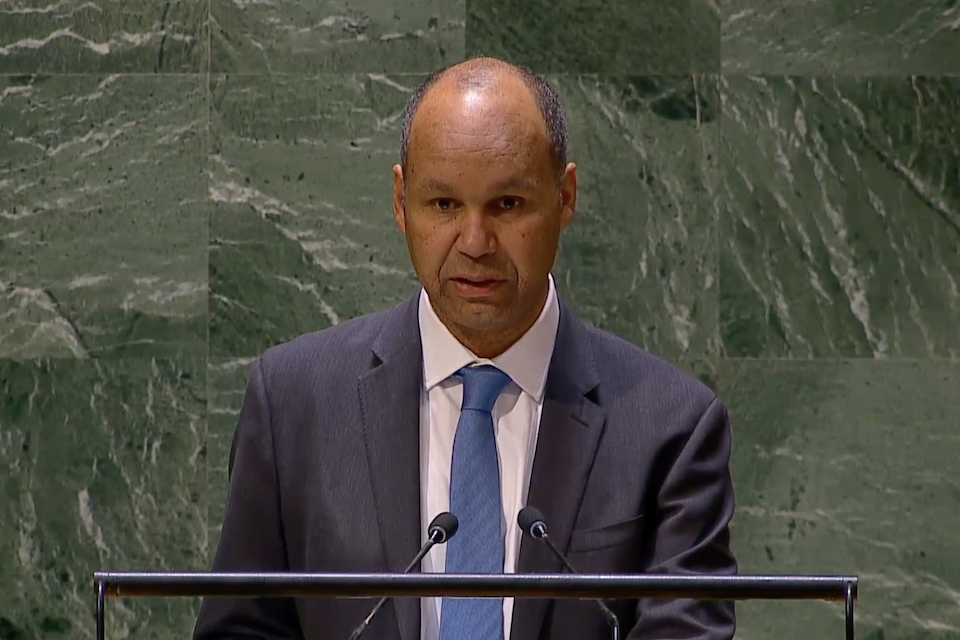The UK is investing $1.2 billion in effective humanitarian systems: UK statement at the UN General Assembly
Statement by Ambassador James Kariuki at the UN General Assembly meeting on humanitarian aid.

Thank you, Mr President. Colleagues, every year we meet here to reflect on global humanitarian needs. Yet again, we are faced with a sobering picture. 258 million people do not know where their next meal is coming from. One in five children are living in or fleeing from conflict. One in 73 people are displaced, a number which has doubled in the last ten years. We are simultaneously witnessing dire humanitarian situations in Israel and Gaza, Sudan, Syria, and in Ukraine. Alongside many more across the world. The levels of need are overwhelming the humanitarian systems. Colleagues, we all have a role, and a stake, in reversing these worrying trends.
President, on 20 November our Prime Minister launched the UK’s International Development White Paper. This sets out our commitment to getting the Sustainable Development Goals back on track. And it includes a strong commitment to protecting the most vulnerable in the face of ever-growing needs driven by conflict and climate. We will focus on three key areas.
First, we will invest in an effective humanitarian system. We will contribute $1.2 billion to humanitarian assistance from 2024 to 2025. And we will also establish a UK Humanitarian Crisis Response Fund for specialist technical expertise, search and rescue, and emergency medical teams. We call on all Member States, including new and emerging donors and partners, to step up their support.
Second, we are shaping a system that is accountable to the people it serves. The UK is proud to have supported the START network from its inception to deliver rapid, early and locally-led humanitarian action around the world. We will invest more in local leadership on humanitarian action and will explore how our engagement, terminology, delivery, and approach can change to support local partnerships.
Third, we will build a system which can anticipate shocks and act early. This is proven to mitigate the impacts of disasters, save more lives and deliver value for money. We will continue to champion the CERF’s scale up of a system-wide approach to ‘Early Action’, including through our contribution of a further $65 million to the fund this year. Finally, colleagues, we must prevent today’s problems from turning into tomorrow’s crises.
This will need a whole of system response, in partnership with the UN, civil society, the International Financial Institutions, and, increasingly, the private sector. This is why, alongside our humanitarian efforts, we are supporting initiatives that will reduce need and prevent humanitarian caseloads.
We will scope a separate fund alongside our humanitarian funding, to build in climate resilience and adaptation alongside delivery of humanitarian relief. This will reduce the impact of future disasters and help communities to prepare and adapt for crises that we can anticipate.
And we will continue to advocate for compliance with international humanitarian law and for sustainable and inclusive ends to conflicts which remain the greatest blocker to development and prosperity. We look forward to working with you all to deliver this.
Thank you.